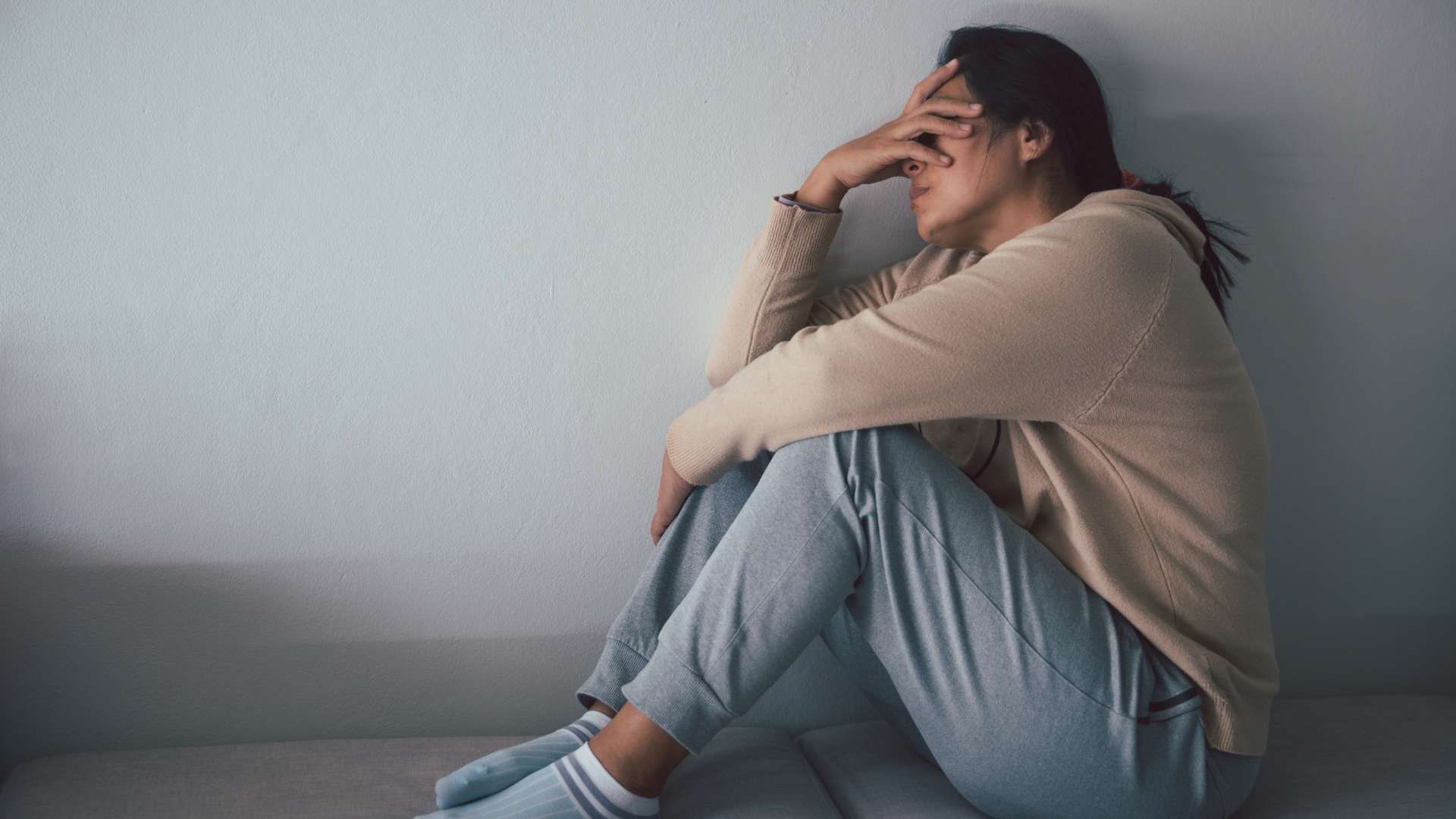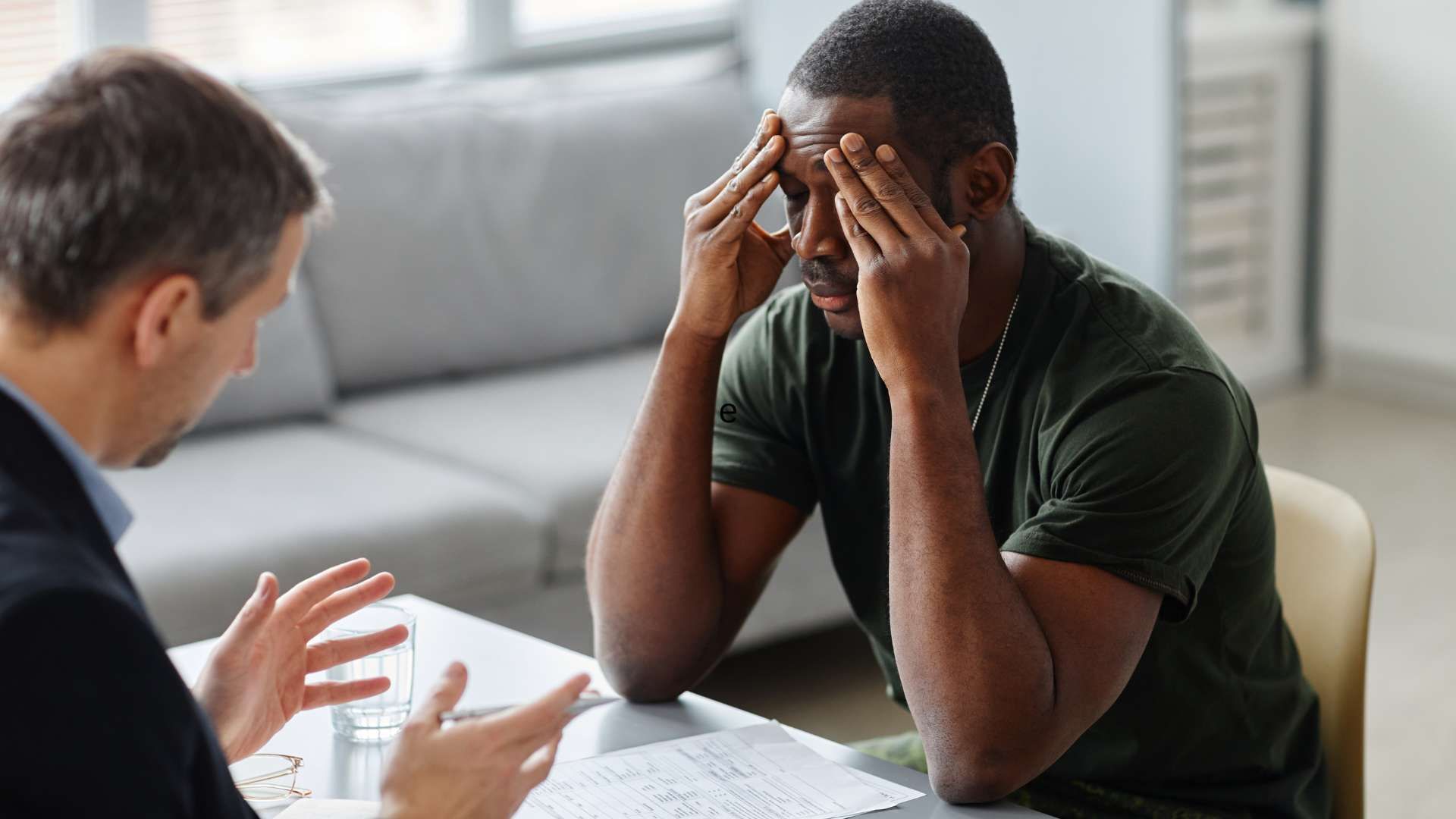New Patients Welcome | Virtual chat for free with a provider prior to booking
Click here to schedule an appointment
Bipolar Disorder in Women: Signs, Symptoms, Tips, & Treatment
Bipolar Disorder in Women: Signs, Symptoms, Tips, & Treatment

Bipolar disorder is a mental health issue that affects millions of people worldwide, but the symptoms can be especially difficult to manage for women. Despite being one of the most common psychiatric disorders among women, bipolar disorder often goes undiagnosed and untreated for years.
If you're a woman struggling with mood swings, anxiety, or depression, it's important to understand the signs and symptoms of bipolar disorder and how it differs from other mental health conditions. In this blog post, we'll explore everything you need to know about bipolar disorder in women: from identifying its warning signs and tackling its challenging symptoms to finding effective treatment options and valuable coping tips.
So let's dive into this topic together!
What is Bipolar Disorder?
Bipolar disorder is a mental illness that causes dramatic changes in mood, energy, and activity levels. It is also known as manic-depressive disorder. People with bipolar disorder experience high and low moods, or “mood swings.” These extreme moods can last for days, weeks, or even months.
Bipolar disorder can be very disruptive to a person’s life. It can cause problems with work, school, and relationships. Bipolar disorder is not the same as having everyday ups and downs. The symptoms of bipolar disorder are much more severe.
Bipolar disorder is often misunderstood. Some people think it’s just a bad case of the blues or PMS. But bipolar disorder is a real medical condition that requires treatment. If you think you may have bipolar disorder, talk to your doctor.
How Bipolar Disorders Differ in Women
There are several ways in which bipolar disorders differ in women as compared to men. For one, women are more likely to experience rapid cycling, which means having four or more episodes of mania or depression within a 12-month period.
Women with bipolar disorder are also more likely to experience mixed features, which means having symptoms of both mania and depression at the same time. Additionally, women are more likely than men to experience postpartum psychosis, a form of bipolar disorder that can develop after childbirth. Finally, women with bipolar disorder tend to have more difficulty responding to treatment and are at greater risk for suicide.
Signs and Symptoms in Women
There are several signs and symptoms that women with bipolar disorder may experience. These can include:
-Depression: Feeling very down or hopeless, loss of interest in activities, trouble sleeping, fatigue, changes in appetite, feelings of worthlessness or guilt
-Mania: Increased energy and activity levels, decreased need for sleep, racing thoughts, impulsive behavior, irritability
Bipolar depression symptoms in Women
It’s estimated that one in eight women will experience bipolar disorder in their lifetime. Bipolar disorder is a mental illness that is characterized by extreme mood swings, from elation and mania to depression and sadness. While both men and women can suffer from bipolar disorder, the condition does tend to affect women more severely and more frequently.
There are a number of different symptoms of bipolar disorder, but they can be broadly categorized into two main groups: manic symptoms and depressive symptoms. Manic symptoms include feeling excessively happy or energized, talking very quickly, sleeping less, engaging in risky behavior, and having difficulty concentrating. Depressive symptoms, on the other hand, include feeling hopeless or sad, sleeping too much, having no energy or motivation, struggling to concentrate, and eating too much or too little.
Women with bipolar disorder may also experience some unique symptoms during their manic or depressive episodes. For example, during a manic episode a woman may become sexually promiscuous or spend large amounts of money recklessly. During a depressive episode, a woman may withdraw from her usual social activities and isolate herself from friends and family.
If you think you might be suffering from bipolar disorder, it’s
important to seek professional help as soon as possible. Bipolar disorder is a treatable condition, but it can be very difficult to manage without proper treatment. If you are experiencing any of the above symptoms, please don’t hesitate to contact your doctor or mental health professional.
Common Bipolar Symptoms in Women
Bipolar disorder affects both men and women, but there are some key differences in how it manifests in each gender. Women with bipolar disorder tend to experience more episodes of depression than men, and their symptoms are often more severe. They may also be more likely to have rapid cycling, which means having four or more episodes of mania or depression in a single year. Some research has also suggested that women are more likely to develop bipolar disorder later in life than men.
Common symptoms of bipolar disorder in women include:
-Depressive episodes characterized by sadness, worthlessness, and fatigue
-Manic episodes characterized by feeling unusually energized, happy, or irritable
-Rapid mood swings between depression and mania
-Sleep problems
-Anxiety and panic attacks
-Memory problems
-Difficulty concentrating
-Impulsiveness and risky behavior
Finding Treatment for Women with Bipolar Disorder
There are many options available for women seeking treatment for bipolar disorder. Here are a few tips to help you get started:
1. Talk to your doctor about your options. There are many different types of treatment available, and your doctor can help you find the one that’s right for you.
2. Seek out a support group. Connecting with others who have been through similar experiences can be incredibly helpful. Check out our directory of support groups to find one near you.
3.
Consider online psychiatry and/or therapy. Therapy can be a great way to work through the challenges of bipolar disorder and develop healthy coping skills.
4. Make lifestyle changes. Eating a healthy diet, getting regular exercise, and getting enough sleep are all important for managing bipolar disorder.
5. Medication can be an important part of treatment for bipolar disorder. Work with your doctor to find the right medication or combination of medications for you
Final Thoughts
It's important to remember that bipolar disorder is a serious mental illness. If you think you may be suffering from bipolar disorder, it's important to seek professional help. A qualified mental health professional can help you make a diagnosis and develop a treatment plan.
If you are diagnosed with bipolar disorder, there are treatments that can help. With proper treatment, many people with bipolar disorder live healthy and productive lives.






CONTACT
Call:
786-761-1155
Email:
Support@VirtualPsychiatricCare.com
1900 N Bayshore Drive, Ste 1A
Miami , Florida 33132
All Rights Reserved | Virtual Psychiatric Care | MiamiPsych Concierge, LLC | Site Design by The Infinity Group | Accessibility Statement | Terms of Use | Privacy Policy





